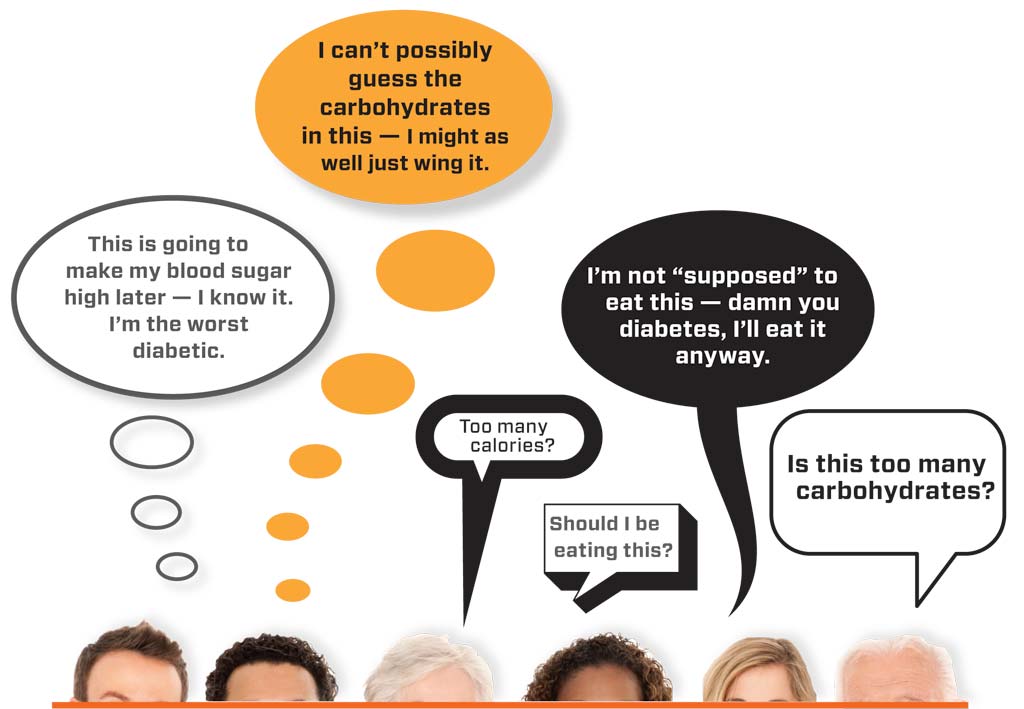An Open Letter to Teachers of Students with Type 1 Diabetes

A note to teachers and school nurses:
Thank you for doing your best to take care of the needs of students with Type 1 diabetes. We know you have a tough job, with many demands on your time and attention. You would not have been tasked with this additional responsibility if it were not vitally important to the health and success of these students.
Here are some things that you will need to be aware of in the coming school year:
- With so many inquisitive faces looking to you for attention and direction, it may be difficult to balance the needs of each unique student. Please remember that a student experiencing low blood sugar is of immediate concern. If a student with Type 1 diabetes begins acting strangely, you must find out if it’s a result of a dangerous swing in blood sugar levels, and then treat the situation according to the directions of the student’s parents and medical team. Please do not ever send a student exhibiting signs of low blood sugar to the health office or back to class by his/herself. A student with low blood sugar should be able to stay in the classroom to test and treat in place. However, if you have to send the student somewhere, they must have a buddy that can make sure they get from Point A to Point B safely.
- When your student with Type 1 diabetes needs to go to the bathroom, remember that they may be experiencing a blood sugar swing that is causing them physical discomfort. Permit them access to water and the restroom as needed. Don’t single them out, ridicule them, or deny them the ability to do what is needed to take care of themselves. Saying “no” won’t just cause them continued discomfort; it will be a moment they will remember going forward, whenever they need to do something to take care of their diabetes, and it will keep them from openly advocating for themselves in the future.
- When there are celebrations in your classroom, talk with parents and be prepared for what the protocol is for that student with diabetes. Some families strictly follow special diets tailored for blood sugar control while others allow their children to eat what everyone else is eating, accompanied by the appropriate insulin dosage. Shaming or policing of food choices can negatively impact a student’s feelings of autonomy and can even lead to disordered eating. We thank you for being conscious of how you address this on your campus and in your classroom.
- You may remember when the standard of Type 1 care included just one or two shots per day; times have changed. Multiple daily injections, insulin pumps and continuous glucose monitors add a layer of technological complexity that is above what you may have seen or been asked to work with in the past. These tools help your students stay healthy so they can attend school regularly and achieve more in life. Use these tools to your advantage. Don’t be afraid to ask questions or request more training, and whatever you do, please do not, under any circumstance, take one of these life-saving medical devices away from a student because you perceive it as a distraction.
- Encourage students with Type 1 diabetes to feel capable and secure, knowing that they have support at school. The more we can do to keep children with Type 1 in class for diabetes tasks, the less class they miss—and that is good for everyone involved.
- We don’t ask for perfection, just the good-faith effort that allows us the peace and confidence of knowing that our children are in good hands while they are in your care. Thank you for following the directions in 504 plans and IEP/IHPs that have been carefully crafted by parents in tandem with medical teams to keep your students healthy and ready to learn.
The way schools work with these students and families makes an impact for years to come. All of the attention and dedication that you put into fulfilling the care plans for these students builds confident teens and adults that are able to maintain their well-being and succeed in school and beyond.
Again, thanks, and here’s to a great school year.
Sincerely,
Samantha Markovitz,
On behalf of parents of children with Type 1 diabetes
Thanks for reading this Insulin Nation article. Want more Type 1 news? Subscribe here.







